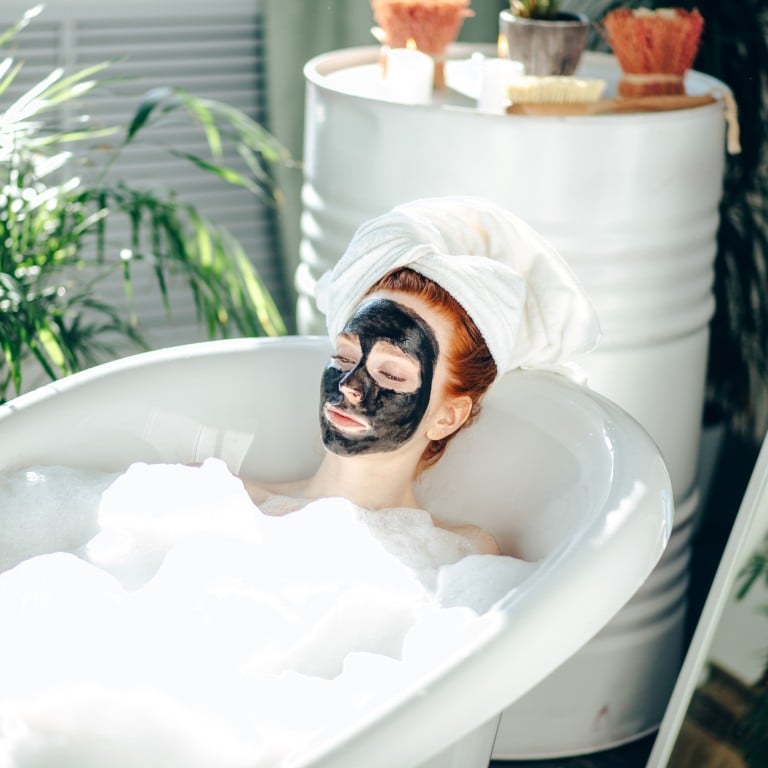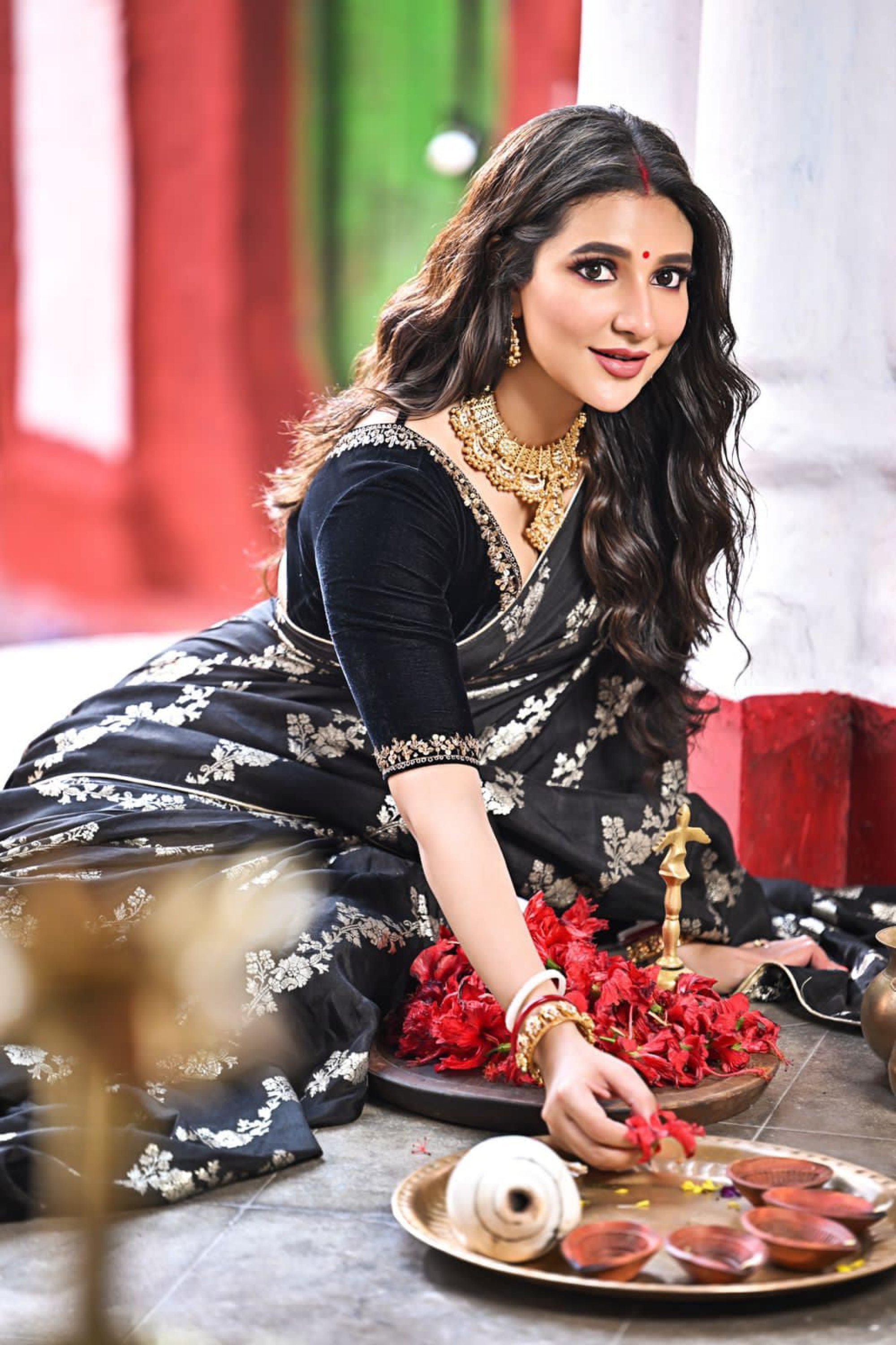
The ‘everything shower’: how TikTok trend of long cleansing rituals can relieve stress after the pandemic, according to experts
- A craze for long self-care rituals with hair treatment, dry brushing, shaving, exfoliating and more has flooded social media and is embraced by celebrities
- Experts talk about the benefits of such cleansing rituals, from helping fight anxiety by offering structure to helping us ‘slow down’ and feel pampered
The “everything shower” trend – an elaborate, time-intensive way of showering or bathing – is flooding social media, with fans praising a ritual they believe promotes good health and a feeling of calm while relieving stress and improving their mood.
Videos on social media platform TikTok offering a glimpse of the ritual or showing people flopping into bed afterwards are captivating viewers. Some posts focus on the self-care rituals before, during, and after a shower or soak.
Suniti Adlakha, a banker based in New Delhi, the Indian capital, says she loves immersive baths because “they denote quality me time, especially when you’re juggling careers with kids and home management”.

The trend became popular in India a few months ago when celebrities started posting photos of themselves soaking in relaxing baths. Some claimed the ritual was “sacred” in their frenetic life.
Indian actress Subhashree Ganguly said in a TV interview that she considered bath time “a private escape from her hectic schedules and a way to feel free and rejuvenated”.

One of the most important features of rituals, say wellness experts, is that they create structure in a busy life.
By defining beginnings and ends to developmental or social phases, rituals structure our social worlds and how we understand time, relationships, and change, writes anthropologist and practising psychotherapist Rebecca Lester, a professor of anthropology at Washington University in St Louis, in Missouri, in the United States.
‘I talk to myself as if to a friend’: the value of mental health self-care
It’s small wonder even five-star hotels are laying out the ultimate bath experience for those who can afford it.
In-room jacuzzis, mega TVs beaming popular shows, expensive bath amenities, fluffy bathrobes and in some cases even the services of a “bath butler” to help guests choose products according to their skin type, are becoming increasingly popular.
At the Higashiyama Niseko Village, Ritz-Carlton Reserve in Hokkaido, Japan, for instance, each of the 43 rooms’ bathrooms is outfitted with an opulent bathtub.

Similarly, guests in the Imperial Suite at Grand Velas Los Cabos, in Cabo San Lucas, Mexico, can enjoy breathtaking ocean views from a bathroom with a 60 square metre (650 sq ft) jacuzzi and walk-in shower system, dressing area and “smart” toilet with adjustable heated seat and air deodoriser.
“There’s a renewed focus among our guests on health and wellness post pandemic and as a part of that we’re offering all types of amenities and infrastructure to facilitate deeply relaxing baths that prepare them for a wonderful day ahead,” says a hotel spokesperson.

Gulati says the emphasis in Ayurveda on taking long and rejuvenating baths can be traced back 5,000 years.

Ancient Ayurvedic texts offer a whole treatise on when and how to take a bath, water temperature and pre-bath rituals. This includes a relaxing massage, which is considered an integral part of a healthy daily regimen.
Ayurveda advises against extremely hot or cold showers, recommending the water temperature match the average body temperature of 37 degrees Celsius (about 97 degrees Fahrenheit).
When bathing children, carers are advised never pour water over their heads first. Begin by washing their feet to test the water’s temperature and then gradually work your way up to the head, Gulati says.
How to eat and live the Ayurvedic way for a balanced life
The use of a bathtub is recommended, with fragrant rose petals and essential oils like holy basil and eucalyptus added to the water.
Therapists say that for wellness seekers, since the Covid-19 pandemic it’s been all about healing and nourishment.

“Many of my clients think nothing nowadays of spending two to three hours to get various hair treatments done just to feel pampered and relaxed,” says hair artist Sarfraj Shah, owner of a hair salon and skin clinic in New Delhi. “The trend has really accelerated over the past year.”
Among the most sought-after treatments is the Brazilian ritual, a three-hour intense session that involves a hair and scalp massage and the application of a hair mask containing native Brazilian herbs.
Another popular treatment is “hair Botox”, a relaxing ritual involving a mask, ironing the hair twice, and a blow dry, Shah says.

Unlike the facial-wrinkle-filling treatment after which it is named, this one requires no needles. The non-chemical deep conditioning treatment fixes damaged hair, adds moisture and shine, softens and smooths.

